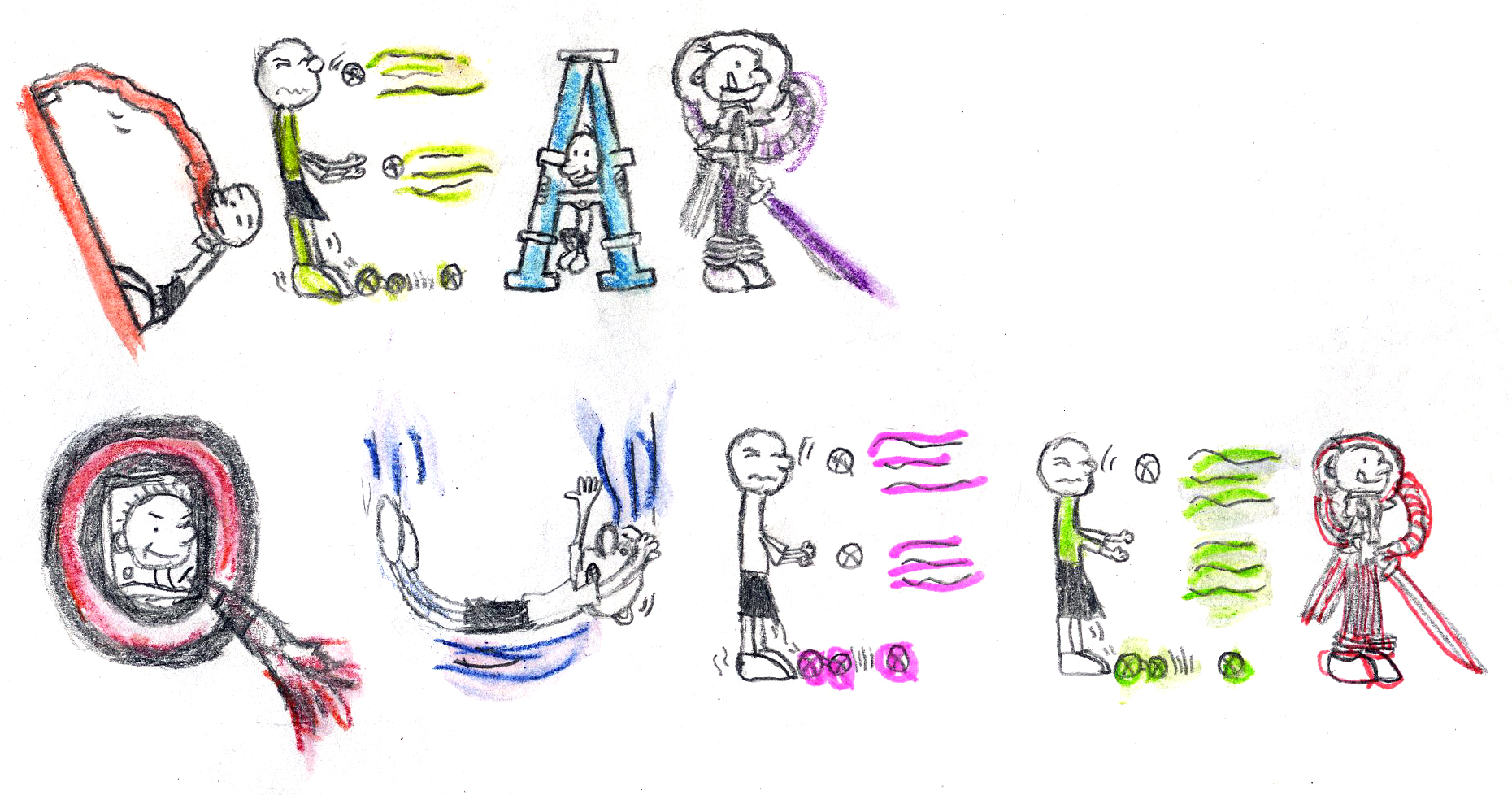
An advice column about sexuality, gender, dating and overall queerness
By Molly Whuppie /// Staff Writer
Dear Queer: What does it mean to be queer? At Lewis & Clark especially, I hear people call themselves queer and have also noticed that there are numerous “queer” organizations on campus. Aren’t those people just gay, lesbian or bisexual? I just want to know what queer means. –Confused freshman
DEAR CONFUSED FRESHMAN: “Queer” is one of those lovely words that has changed in meaning and use throughout time. Originally, starting in the 16th century, “queer” meant odd, strange, unusual or peculiar. Starting in the early 20th century, “queer” was used as a derogatory term to describe gay men. In the 1990s, the term began to become reclaimed by some gay, lesbian, bisexual and transgender persons as a self-affirming “umbrella” term. It is considered an all-inclusive term that unifies and recognizes the many complex identities that make up the LGBTIAQQ (and the acronyms go on forever) community. Lastly, the word “queer” has also emerged in academia, politics and even popular culture as a term of identity and inclusion. In these spheres, positive use of “queer” continues to grow.
But what is queer?
Now that we are thinking of queer as an umbrella term…who might that include? Well, it includes anyone who 1) chooses to identify as queer and 2) who feels in some capacity outside societal gender and/or sexuality norms. Therefore, the term can include a person who just loves queer theory, gender fluid heterosexuals, gender fluid bisexuals, those who question their sexuality, and those that just feel like they don’t fit into the heteronormative mold and want a community to bond with and feel supported by.
I personally identify as queer, mostly because “queer” is an ambiguous word. I like that people ask what identifying as queer means to me instead of just assuming the gender of people to whom I am attracted.
So is queer a magical, solve-all-gender-and-sexual-identities word? No! You have to remember: identities are far too numerous and complex to create a list, or a graph or an article that could describe them all. This is complicated stuff people, but that doesn’t mean that you should feel afraid to talk about it.
Too often I see people avoid talking to minority groups because they are afraid of misusing terminology or saying the wrong thing. Though that is a valid fear, and though you may sometimes offend someone, isn’t it always better to try? So my advice would be this: don’t be afraid to use terminology, but be aware that the use of words can and do change over time. Also, remember that you can simply ask someone how they identify and how they would like you to verbalize their identity. This can feel tedious and obviously you won’t ask every person you meet how they identify, but the point is awareness––if you don’t understand a term or idea when in conversation about someone or when involved with an organization, ask them what it means.
In closing, although queer may be a mostly positive word to some, it has not always been so. Thus, I challenge you all to ask about the history of a word before using it flippantly.
Your Queer,
Mollie Whuppie
Subscribe to the Mossy Log Newsletter
Stay up to date with the goings-on at Lewis & Clark! Get the top stories or your favorite section delivered to your inbox whenever we release a new issue.

Leave a Reply